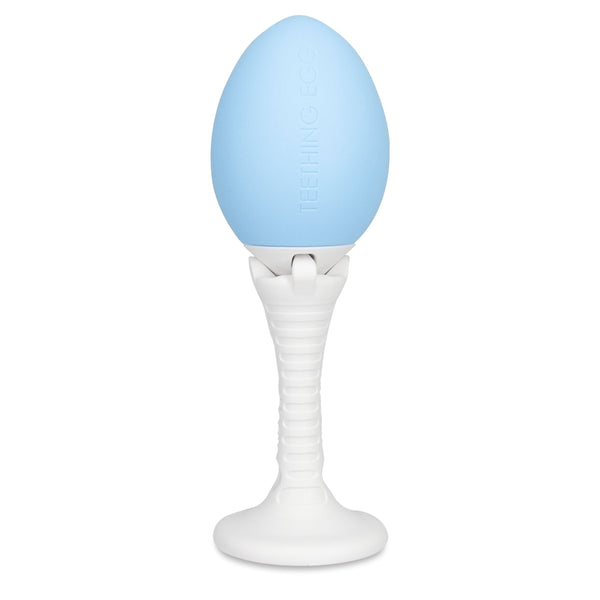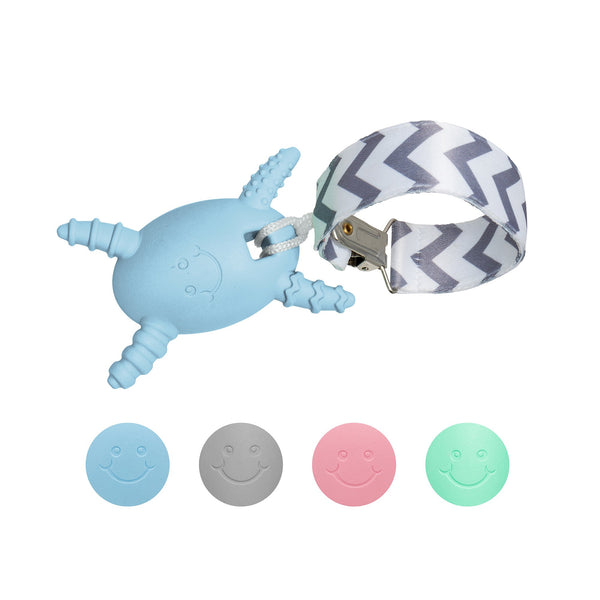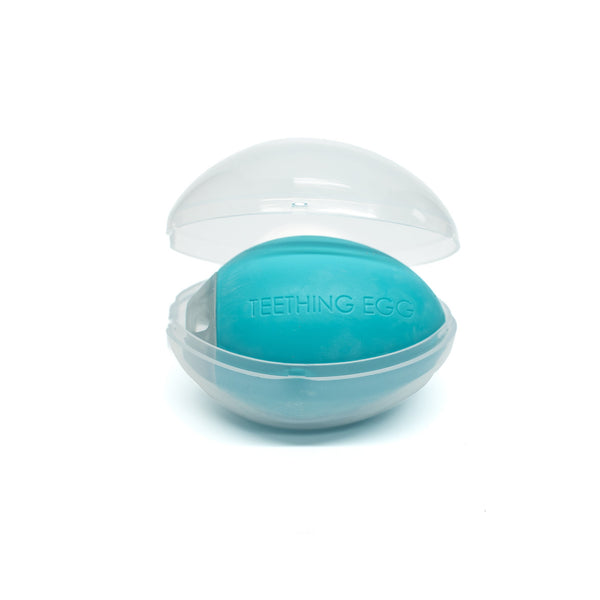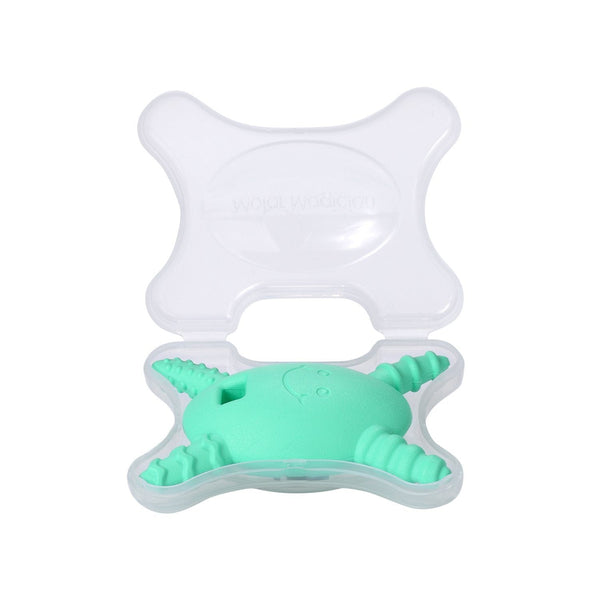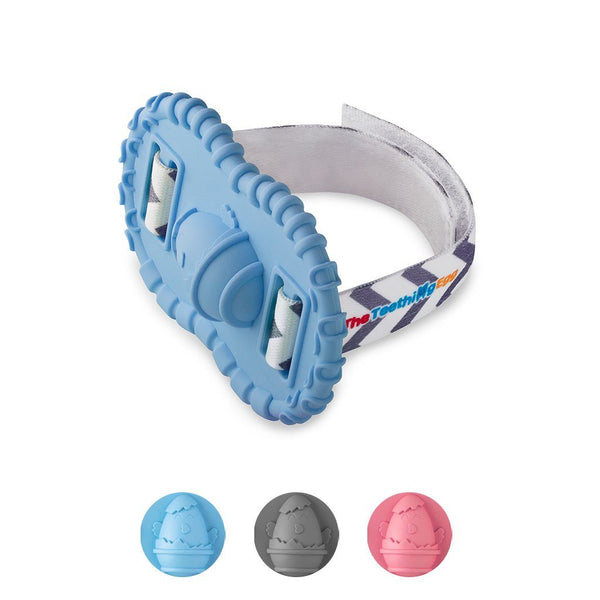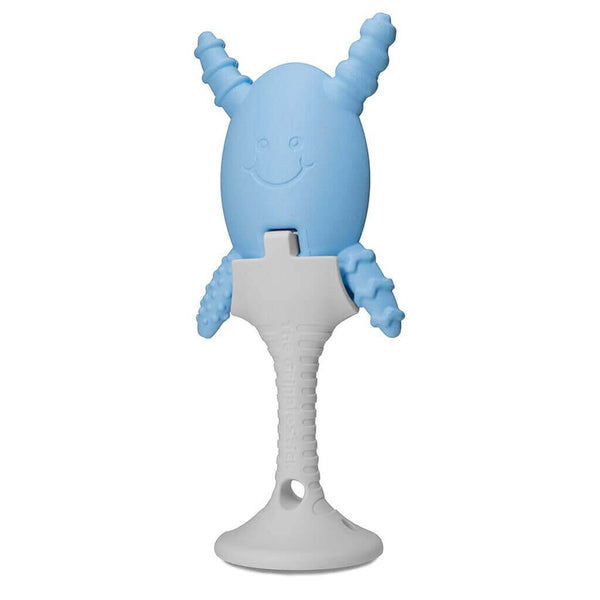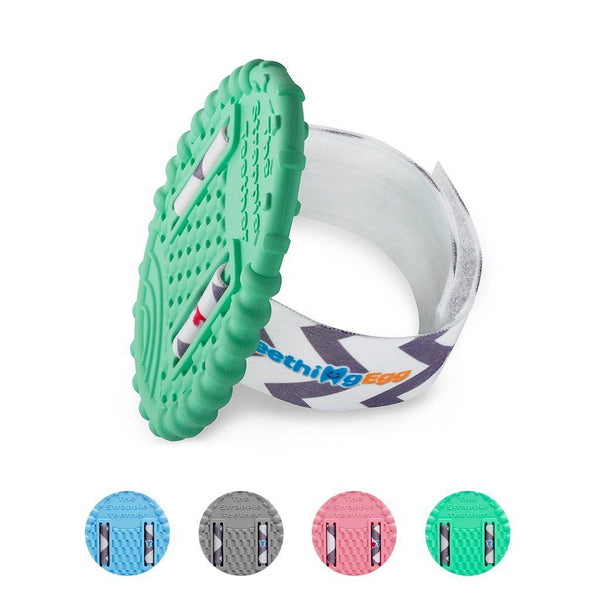As parents embark on the journey of raising infants and babies, they often find themselves bombarded with well-intentioned advice, some of which are rooted in centuries-old wisdom. These snippets of traditional knowledge are commonly referred to as "old wives' tales." While many of these tales carry a certain charm, it's crucial for parents to discern between folklore and evidence-based practices, especially when it comes to all things baby related. In this particular article, we will focus on baby feeding and teething.
What is an Old Wives' Tale?
Old wives' tales are traditional beliefs, often passed down through generations, that offer practical advice on various aspects of life. These tales typically lack scientific evidence but are deeply ingrained in cultural narratives. In the realm of parenting, old wives' tales can be both endearing and confusing, creating a delicate balance between folklore and modern understanding.
Baby Feeding Myths:
Feeding Honey to Infants:
- Old Wives' Tale: Some believe that giving honey to infants can alleviate coughs and colds.
- Reality: Pediatricians advise against giving honey to infants under one year old due to the risk of infant botulism, a potentially serious illness.
Adding Cereal to Baby Bottles for Better Sleep:- Old Wives' Tale: Adding cereal to a baby's bottle will help them sleep through the night.
- Reality: Pediatric experts discourage this practice, as it poses a choking hazard and does not promote healthy sleep patterns. Babies should be fed according to their nutritional needs, not as a sleep aid. It has also been recommended by the American Academy of Pediatrics to delay introducing any solids till the baby is at the very least four to six months of age. This however is dependent on the child and it is best to consult your pediatrician on when it is best to introduce solids to your baby. Should a baby be exclusively breastfed, it is recommended that they be introduced to solids at six months.
The "Hold Off on Solid Foods" Myth:
- Old Wives' Tale: Delaying the introduction of solid foods beyond six months is essential for a baby's well-being.
- Reality: While introducing solids before a baby is ready(prior to four months) may lead to the increased risk of obesity by the age of three years, pediatric guidelines suggest introducing solid foods around six months of age, provided the baby shows signs of readiness. Waiting too long may hinder essential nutrient intake for proper growth and development.
Babies Need Water:
-Old Wives’ Tale: Babies like everyone else need water when it is hot outside.
-Reality: Because a baby’s diet consists mostly of liquids and pureed foods. It is not recommended that babies be given water before they reach six months. This is due to the fact that a baby’s kidneys are not yet fully functioning before then. Any additional water can cause somewhat of an imbalance. Babies may start being introduced to water drinking at six months, and may be given water more regularly after the age of one year.
Vegetables Before Fruits To Prevent A Sweet Tooth:
Old Wives’ Tale: When introducing solids to babies, start with vegetables before introducing them to fruits to prevent them from developing a sweet tooth.
Reality: As was published by the American Academy of Pediatrics in 2011, babies are born with a preference for sweeter foods, so the order at which you may introduce different tastes in solids plays little role in the possible dislike of vegetables.
Check out Baby Gift sets, perfect for parents with teething babies.
Teething Tales:
- Teething Causes Fever:
- Old Wives' Tale: Teething is often blamed for causing fevers in babies.
- Reality: While teething may cause mild discomfort and irritability, it does not typically lead to fever. Parents should consult a healthcare professional if their baby exhibits persistent or high fever to rule out other potential causes.
- Rubbing Whiskey on Gums:
- Old Wives' Tale: Applying a small amount of whiskey or other alcohol to a baby's gums can ease teething pain.
- Reality: Pediatricians strongly advise against using alcohol on a baby's gums due to the risk of toxicity. Safe alternatives, such as chilled teething rings, are recommended for soothing discomfort.
- The "Fussiness Equals Teething" Myth:
- Old Wives' Tale: All fussiness in a baby is attributed to teething.
- Reality: While teething can cause discomfort, not all fussiness is necessarily linked to teething. It's important for parents to consider other potential causes, such as illness or hunger.
Navigating the vast sea of parenting advice, including old wives' tales, can be a challenging yet rewarding experience. While some traditional beliefs may hold a grain of truth, it's essential for parents to rely on evidence-based information and consult with healthcare professionals when in doubt. In the realm of baby feeding and teething, understanding the difference between folklore and sound medical advice ensures the well-being and proper development of the little ones in our care.

